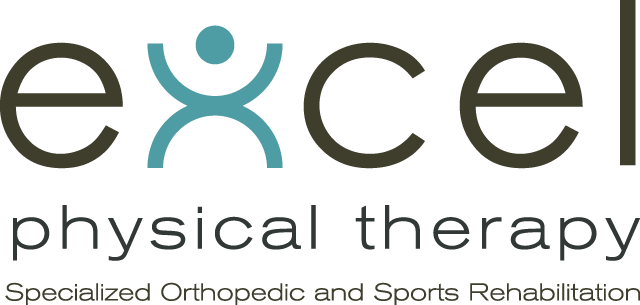Underlying Causes
It is important to explain some the underlying reasons for TMJ dysfunction. The most obvious cause is a serious blow to the face or jaw, disturbing the normal biomechanics of the joint. However, more common causes include chronically poor posture, stress-induced grinding of the teeth or clinching the jaw, malocclusion of the teeth (high or low tooth), and neck pain or trauma to the spine. My experience has been that over 90% of patients that I treat, with the diagnosis of joint dysfunction or myalgia of the TMJ, present with dysfunctions of the neck. These patients require a careful evaluation of the neck and treatment that includes joint mobilization or manipulation, soft tissue massage, and exercise to improve posture and restore pain-free jaw active range of motion.
By David Coletta, MPT, CMPT
